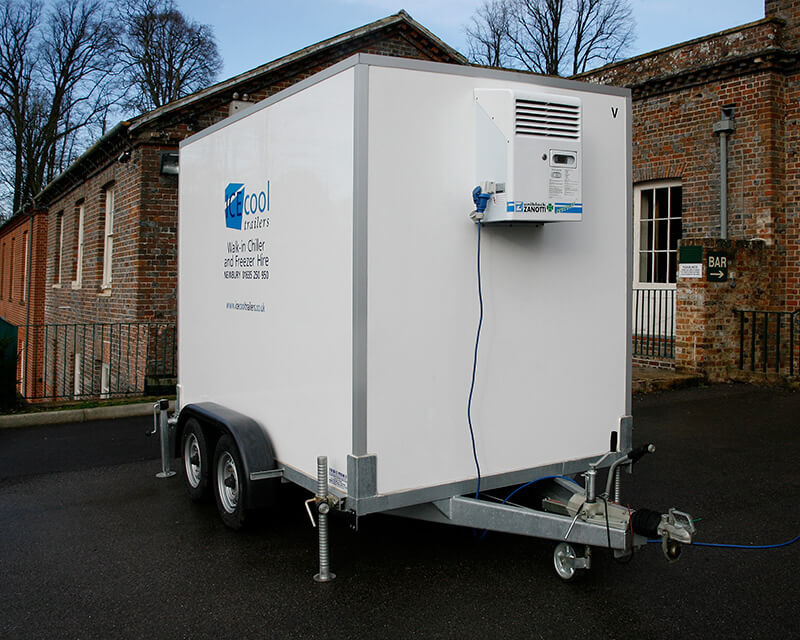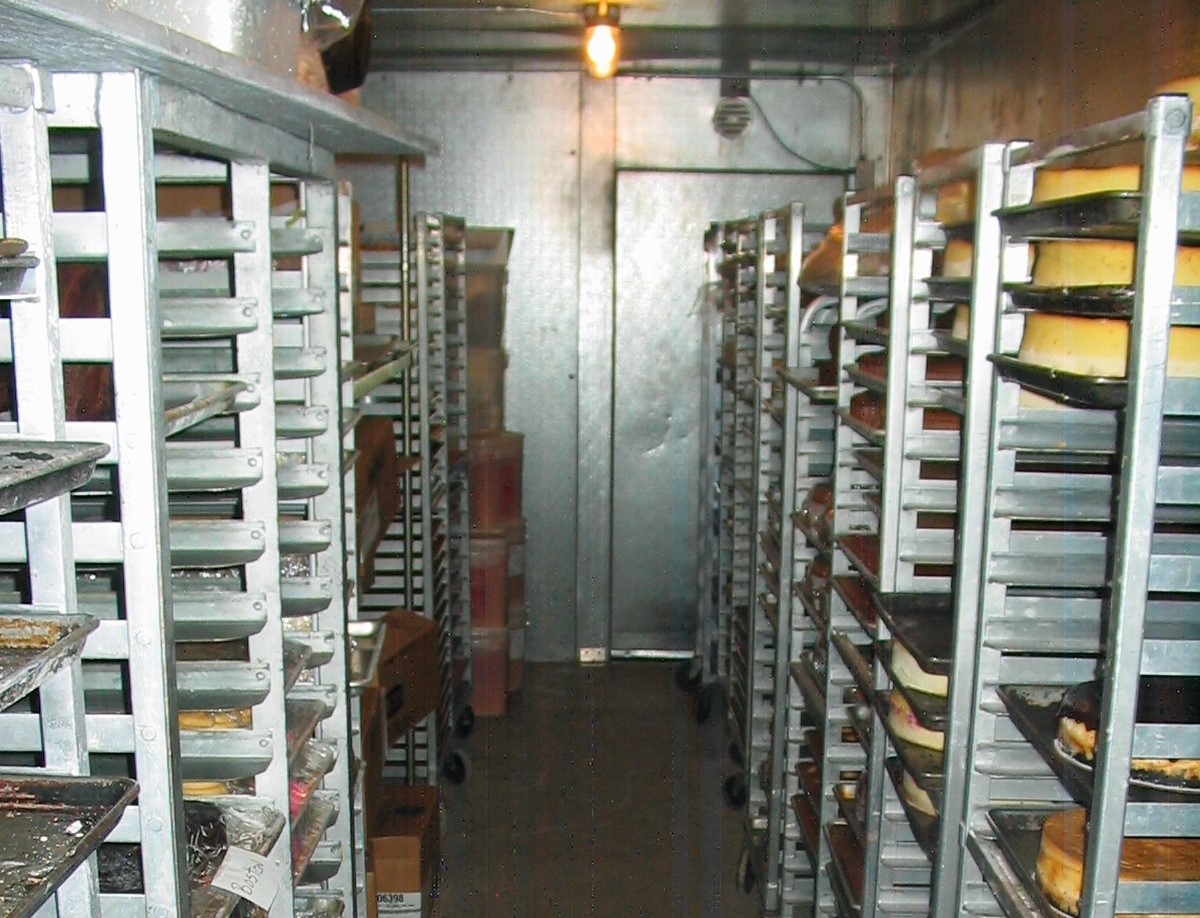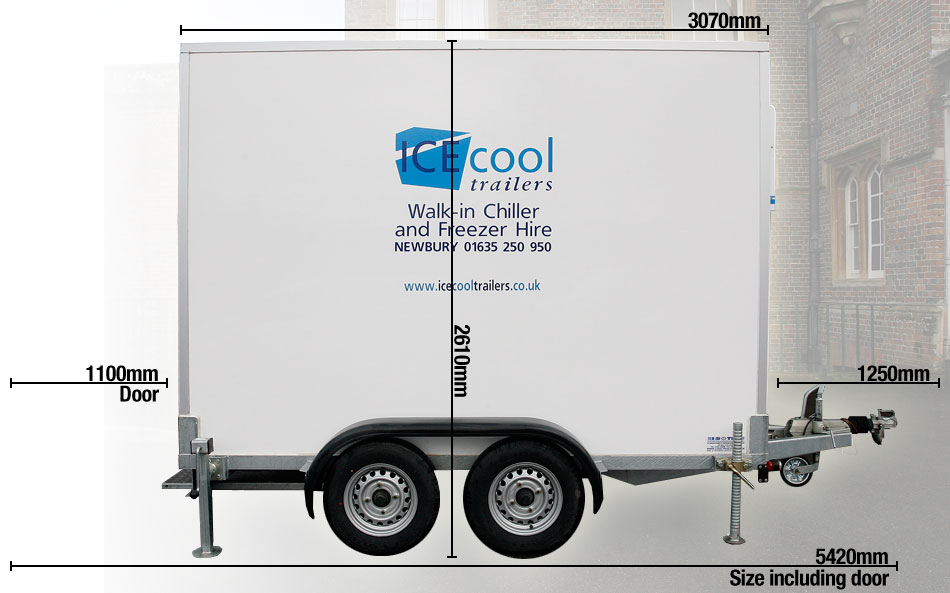Common Challenges in Cold Chain Logistics

Keeping things cool in the world of logistics isn't as straightforward as you might think. In fact, the cold chain - that intricate network that gets temperature-sensitive goods from A to B - is fraught with challenges. Whether it's medicines, food, or other perishables, maintaining the right temperature throughout the journey is a complex task. So, what are the biggest hurdles in cold chain logistics, and how can businesses overcome them? Let's have a gander.
What is Cold Chain Logistics?
Before we jump into the challenges, let's just make sure we're all on the same page. Cold chain logistics refers to the transportation and storage of temperature-sensitive products. It's a specialised area of logistics that requires meticulous planning, precise execution, and constant monitoring. Think of it as a relay race where the baton is a delicate, temperature-sensitive product that must be kept within a specific temperature range at all times.
Common Challenges in Cold Chain Logistics
Alright, let's get down to the nitty-gritty. What are the main headaches for those working in cold chain logistics?
Temperature Fluctuations and Control Issues
This is the big one, really. Keeping a consistent temperature throughout the supply chain is no mean feat. There are so many points where things can go wrong. A lorry's refrigeration unit might malfunction, a warehouse door might be left open too long, or there could be delays in transit. Any of these can lead to temperature fluctuations that compromise the quality and safety of the goods.
Compliance with Regulations and Standards
The cold chain is heavily regulated, and for good reason. Different products have different temperature requirements, and there are strict rules about how they must be handled. In the UK, for instance, the Food Standards Agency sets out clear guidelines for food transport. Then you've got the Medicines and Healthcare products Regulatory Agency (MHRA) for pharmaceuticals. Keeping up with all these regulations and ensuring compliance at every stage is a constant challenge.
Supply Chain Visibility and Transparency
Knowing where your products are and what condition they're in at all times is vital in cold chain logistics. But achieving this level of visibility can be tricky. It requires seamless communication and data sharing between all parties involved, from the manufacturer to the distributor to the end retailer. Without this transparency, it's hard to identify and address problems quickly.
Equipment Failures and Maintenance
As you can imagine, equipment breakdowns can spell disaster in the cold chain. A faulty refrigeration unit on a lorry or a malfunctioning freezer in a warehouse can lead to significant losses. Regular maintenance is essential, of course, but even with the best-laid plans, things can still go wrong. In these cases, you might need a backup solution, such as a fridge trailer for hire in the UK.
High Operational Costs
Running a cold chain operation isn't cheap. The specialised equipment, the energy consumption, the monitoring systems - it all adds up. Then there's the cost of compliance, staff training, and insurance. For many businesses, managing these costs while staying competitive is a constant balancing act. We offer a number of different options to keep things cool, including trailer hire.
How to Overcome These Challenges

So, how can businesses tackle these challenges and keep their cold chains running smoothly?
Implementing Advanced Technology
Technology is playing an increasingly important role in cold chain logistics. Real-time temperature monitoring systems, using sensors and IoT (Internet of Things) devices, can provide constant visibility of product conditions. GPS tracking can help pinpoint the location of goods at any given time. Predictive analytics can even be used to anticipate and prevent potential problems. With regards to technology, read about fridge trailers in e commerce last mile delivery by clicking through to our blog.
Staff Training and Best Practices
Having the right technology is only part of the solution. It's equally important to have well-trained staff who understand the importance of maintaining the cold chain. This includes everyone from the lorry drivers to the warehouse staff to the delivery personnel. Regular training on best practices, such as proper loading and unloading techniques, temperature monitoring, and emergency procedures, is vital.
Partnering with Reliable Service Providers
Choosing the right partners is also essential. This includes not only your transport and warehousing providers but also companies that supply and maintain your refrigeration equipment. Look for partners with a proven track record in cold chain logistics and a commitment to quality and compliance. It's also important that they have options for various types of trailers and cold rooms.
Investing in Sustainable Practices
Sustainability is becoming increasingly important in all areas of logistics, and the cold chain is no exception. This might involve investing in more energy-efficient refrigeration units, optimising transport routes to reduce fuel consumption, or exploring the use of alternative fuels. While there's an upfront cost involved, these measures can lead to long-term savings and a reduced environmental footprint.
Final Thoughts
There's no getting around it - cold chain logistics is a complex and challenging field. But with the right approach, businesses can overcome these hurdles and ensure the safe, efficient delivery of their temperature-sensitive products. By embracing new technologies, investing in staff training, choosing the right partners, and prioritising sustainability, companies can not only meet the demands of today's market but also future-proof their operations. So, if you're involved in cold chain logistics, take a moment to consider these challenges and how you can address them. It could make all the difference to your success. And remember, if you ever find yourself in a cold chain crisis, we're here to help with our range of emergency refrigeration solutions.



